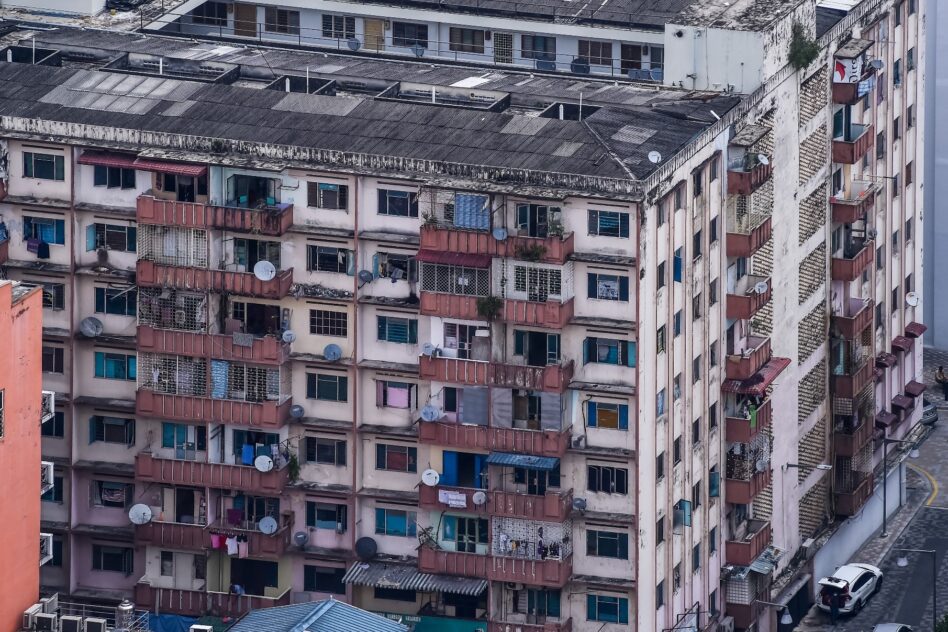INDONESIA’s Attorney General Sanitiar Burhanuddin is mulling to impose the death penalty for corruption citing losses in trillions of rupiah incurred by the state, the Head of the Attorney General’s Legal Information Center, Leonard Simanjuntak was reported saying.
“The AG is reviewing the possibility of the death penalty for corruptors,” Leonard was quoted saying by Antara on Oct 28.
He stated that the idea was prompted by the Asabri and Jiwasraya cases, which he described as mega-corruption cases that not only resulted in state losses but also had a wide-ranging impact on the community and soldiers.
“The Jiwasraya case concerns the rights of the people and employees in social security, and the corruption case in Asabri affects the rights of all soldiers who had great hope for retirement and their families,” Leonard added.
Too deeply entrenched
The corruption case involving PT Jiwasraya caused losses of Rp. 16.8 tril (RM 48893808331.20, while PT. Asabri (Persero) case caused greater losses, at Rp. 22.78 tril.
However, an Indonesian political analyst, speaking in condition of anonymity, told FocusM that the proposal may not take effect as corruption was “entrenched” in every aspect of life in the nation.
“Corruption in Indonesia, even in the corporate community, has the blessing and cooperation of the government and politics. They are all involved,” the analyst noted.
He added, “To be honest, half or more government officials and politicians are corrupt.”
China is probably a rare country where those convicted of graft charges could face the death penalty.
According to Global Compliance News (https://www.globalcompliancenews.com/anti-corruption/handbook/anti-corruption-in-china), bribe recipients can also be liable. A public official who receives bribes = can be sentenced to imprisonment or given the death penalty. – Oct 31, 2021









